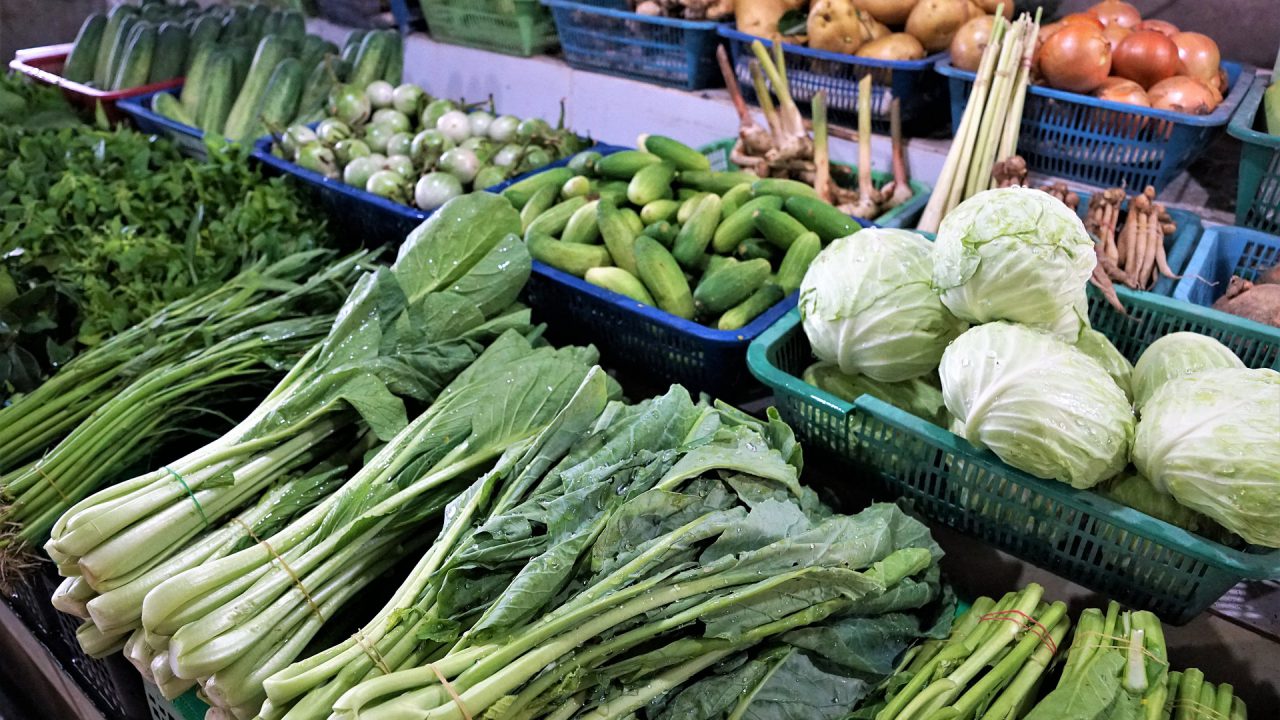The Irish Farmers’ Association (IFA) has claimed that discount retailers, Lidl and Aldi, have had “the biggest negative impact” on prices paid to producers.
This week, the Joint Oireachtas Committee on Agriculture, Food and the Marine heard from the IFA about the ongoing challenges facing the pig, poultry and horticulture sectors.
IFA president, Tim Cullinan, told the committee that a combination of funding and legislation is needed to help the struggling sectors.
He explained that the challenges are multi-factorial but centre on the increasing cost of production and the dominance of a small number of retail buyers, resulting in ever tightening margins.
Retailers
Cullinan noted that the vast majority of produce from the pig, poultry and horticulture sectors is dependent on the Irish retail sector for a route to market.
“These farmers are being squeezed from all sides with the added actions of retailers who are relentlessly pushing down the retail price of their produce and embarking on unsustainable discounting to encourage store footfall.
“While there has been some moderate increase in the price of food on shelves in recent months, the reality is that between January 2010 and December 2021 the average price of all food declined by 9%.
“Over the same period, the average level of overall consumer price increased by 12.5%, according to the Central Statistics Office (CSO),” the IFA president told the committee.

“The consequences have been that only a small number of horticultural growers have survived. They have been forced to scale up or are extremely vulnerable today. The situation is replicated in the pig farming and poultry sectors.
“There were an estimated 350 commercial vegetable growers in Ireland in 2010. IFA now puts the figure at below 100; less than a third of what we had,” he said.
Cullinan claimed that, of the five main retailers in Ireland, Lidl and Aldi “fundamentally have the biggest negative impact on the price the primary producer receives for their produce”.
“These retailers have used fresh produce, in particular, as marketing tools to attract consumers into their stores, offering fresh fruit and vegetables at discounted prices that do not relate to the production costs.
“Retailers may claim that the cost of special promotions is funded by them. This may be accurate on a short-term basis, but we would argue that the cost of such promotions is built into the procurement prices over time.
“The reality is that the price farmers get paid each year has consistently declined up until this year,” Cullinan stated.
“The average price of food increased by 1.3% in 2021, the first time that food has increased in ten years. The price of food will have to increase further in order for producers to be paid for their work,” he added.
Food regulator
Cullinan noted that there has been some acknowledgement of the increase in input costs for farmers by retailers but added that “it is not nearly enough”.
“We need a food regulator that has long-since been promised by the government. It needs to be given real statutory powers of investigation and enforcement to ensure that there is equity in the food chain.”
Cullinan said the Unfair Trading Practices (UTP) regulations, which were signed into law in April 2021, is a step in the right direction but will have little impact on their own.
“There is no recognition of the price required to produce a head of cabbage, a kilo of carrots, a dozen eggs, a whole chicken or a pound of rashers in the UTP regulations.
“Below-cost selling must be prohibited. The discounting and degrading of food must stop. Retailers must be held accountable for the declining number of farmers in these vulnerable sectors,” he continued.
Cullinan called on members of the committee to ensure that there is legal protection for the producers of food. He also suggested that representatives from the retail sector should be asked to come before the committee.
“Fairness must be returned to a fundamentally unfair food chain,” the IFA president concluded.
